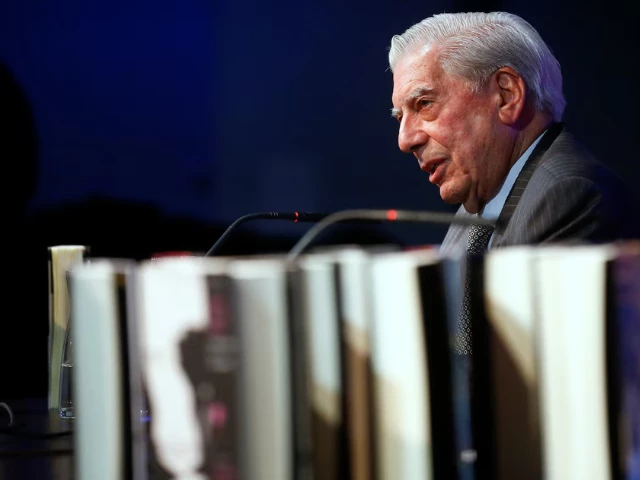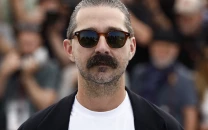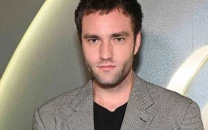Mario Vargas Llosa, Nobel-winning Peruvian author and political figure, dies at 89
Nobel laureate Mario Vargas Llosa, renowned Peruvian author and political voice, dies at 89 in Lima.

Mario Vargas Llosa, the iconic Peruvian novelist, journalist, and Nobel Prize-winning author, passed away on Sunday in Lima at the age of 89.
His death was confirmed in a public statement by his children, Álvaro, Gonzalo, and Morgana Vargas Llosa. The author leaves behind a legacy of influential literature and sharp political commentary that shaped Latin American intellectual life for decades.
Vargas Llosa rose to prominence in the 1960s as part of the Latin American literary "boom," joining contemporaries like Gabriel García Márquez and Julio Cortázar. His debut novel, The Time of the Hero (1963), based on his experience at a military academy, made waves in Peru and set the tone for a prolific career. Known for blending realism with political critique, he authored more than 50 works, including Conversation in the Cathedral, The War of the End of the World, and Aunt Julia and the Scriptwriter.
Awarded the Nobel Prize in Literature in 2010, Vargas Llosa was also a leading political voice in the region. He famously ran for president of Peru in 1990, promoting free-market reforms but was defeated by Alberto Fujimori. He later became a Spanish citizen and continued to write political columns for major international newspapers.
Beyond fiction, his journalistic voice remained strong through his syndicated column Piedra de Toque. Vargas Llosa was a staunch defender of liberal democracy and often criticized leftist regimes in Latin America.
Though he lived much of his life abroad, his work remained deeply rooted in Peru’s history, politics, and contradictions. His sharp intellect, literary elegance, and unwavering dedication to personal liberty have left an enduring mark on global literature and political thought.







-(1)1718534695-0/house-of-dragon-(1)-(1)1718534695-0-208x130.webp)













COMMENTS
Comments are moderated and generally will be posted if they are on-topic and not abusive.
For more information, please see our Comments FAQ